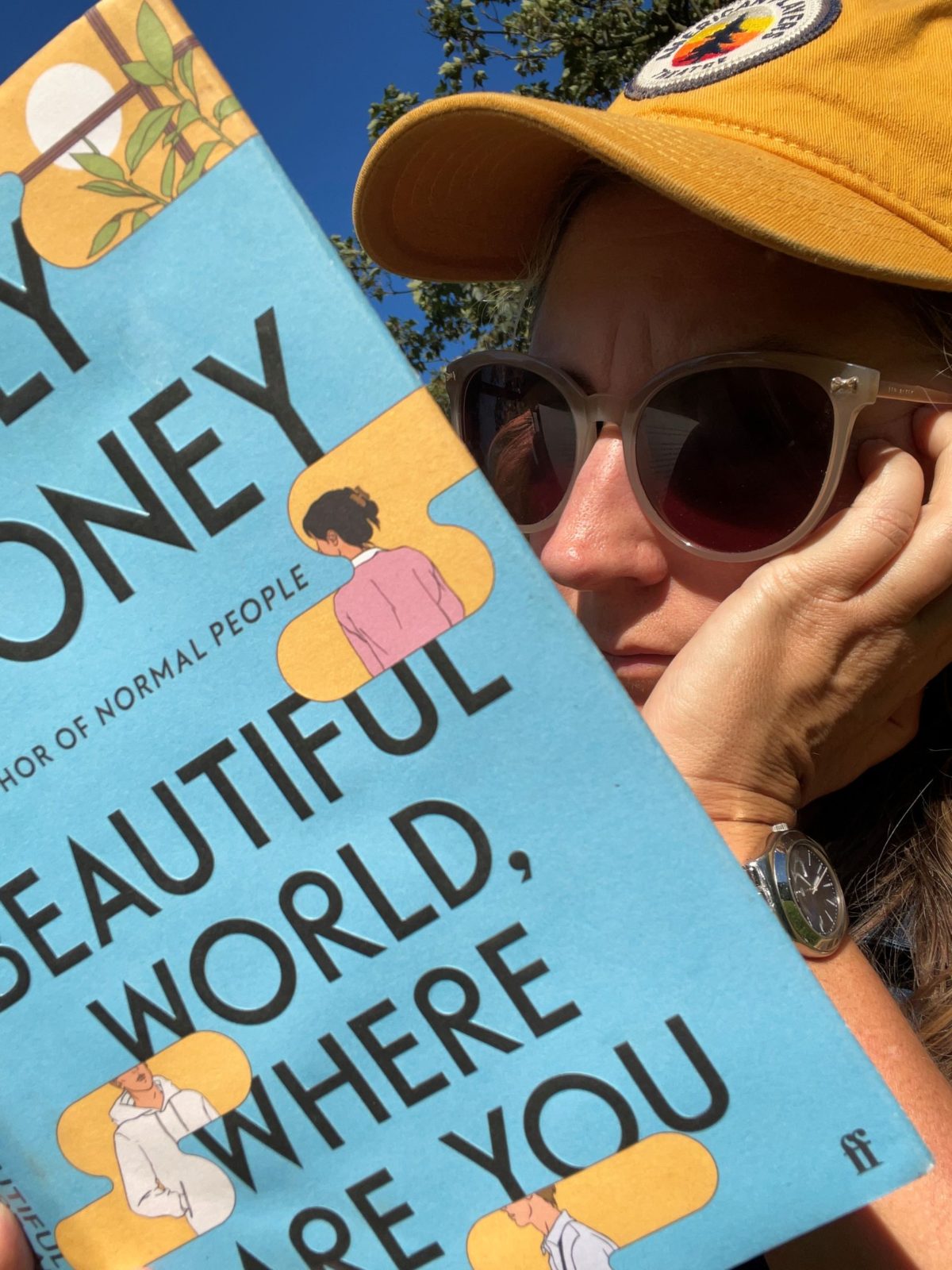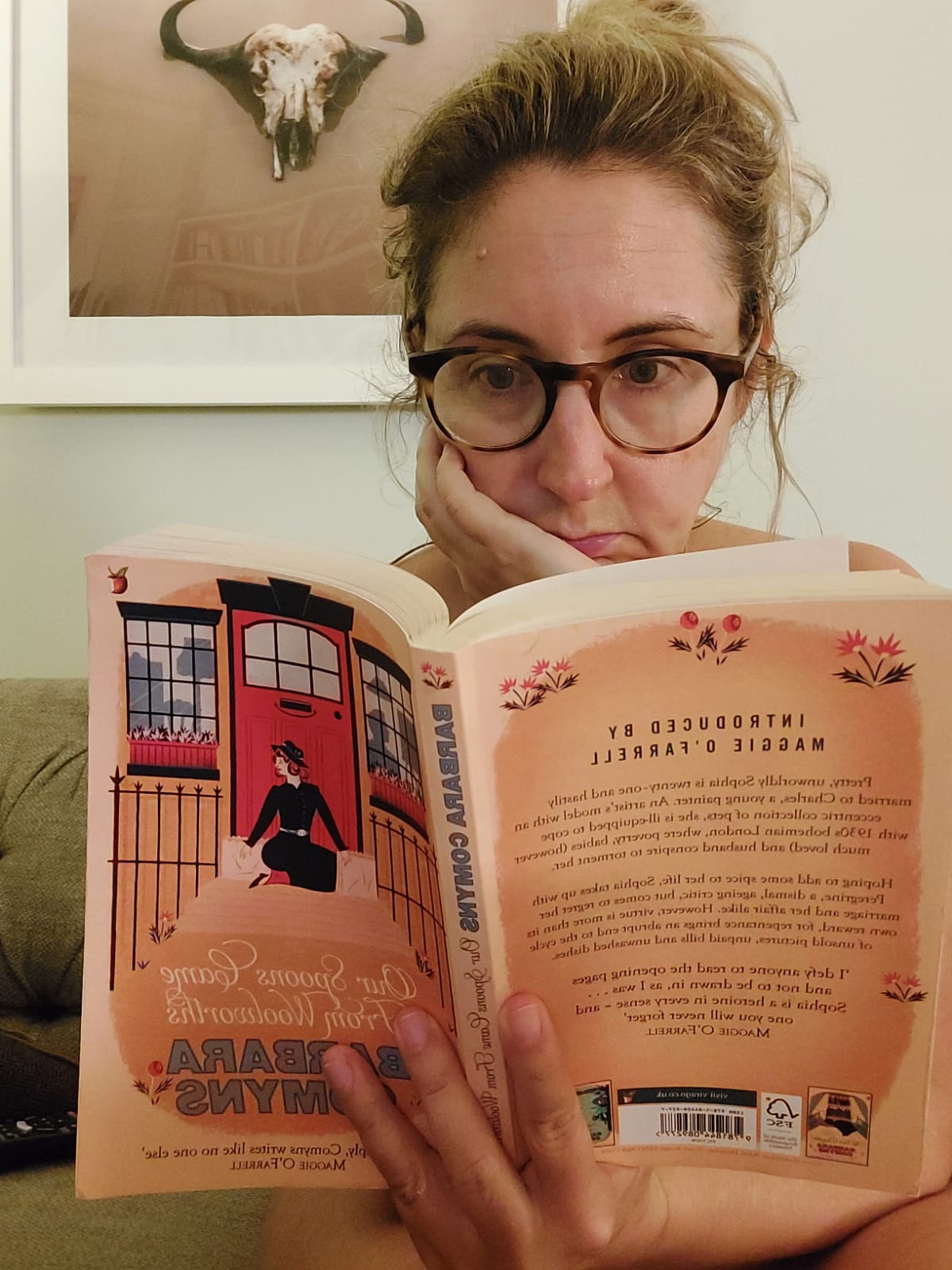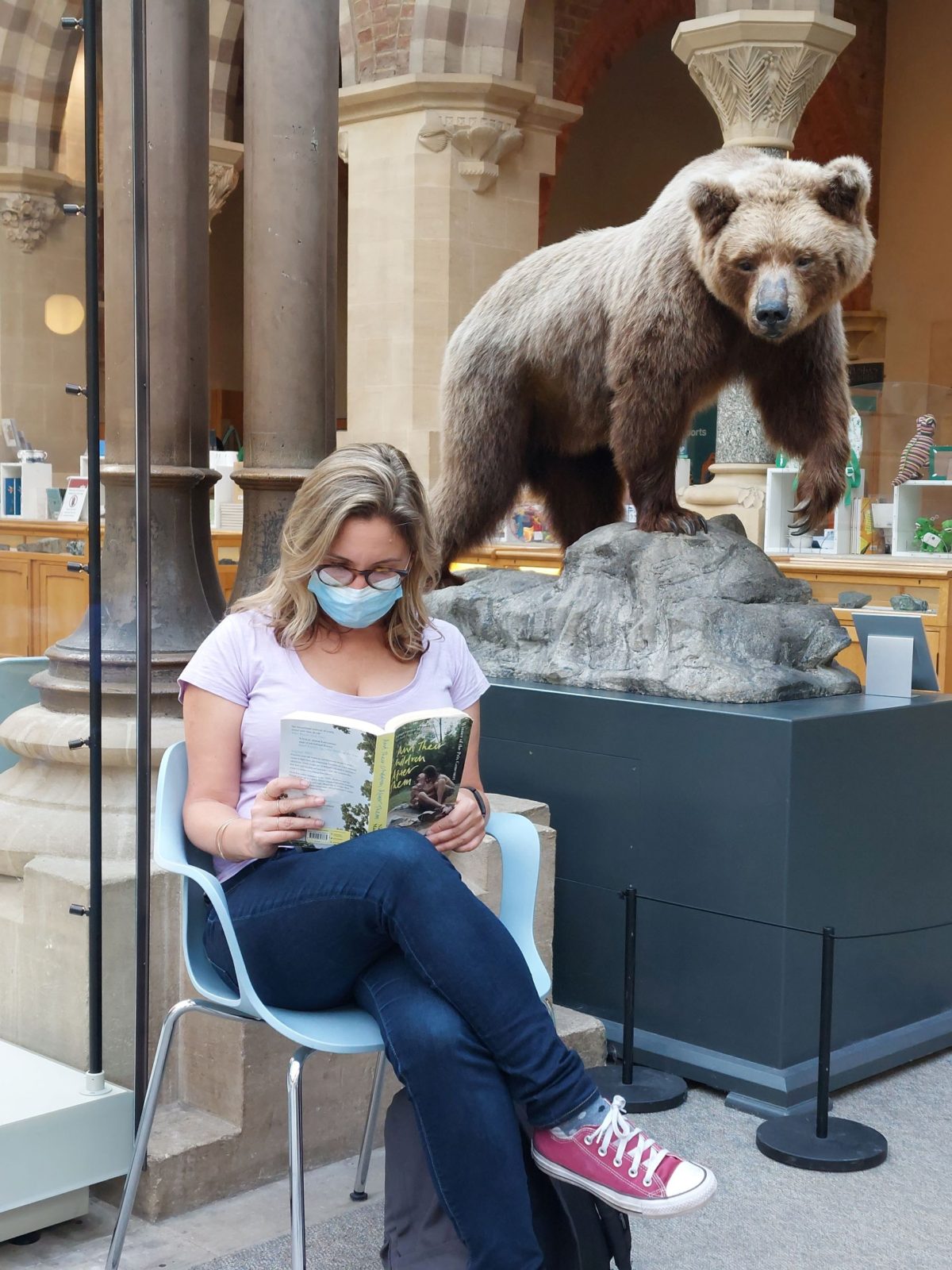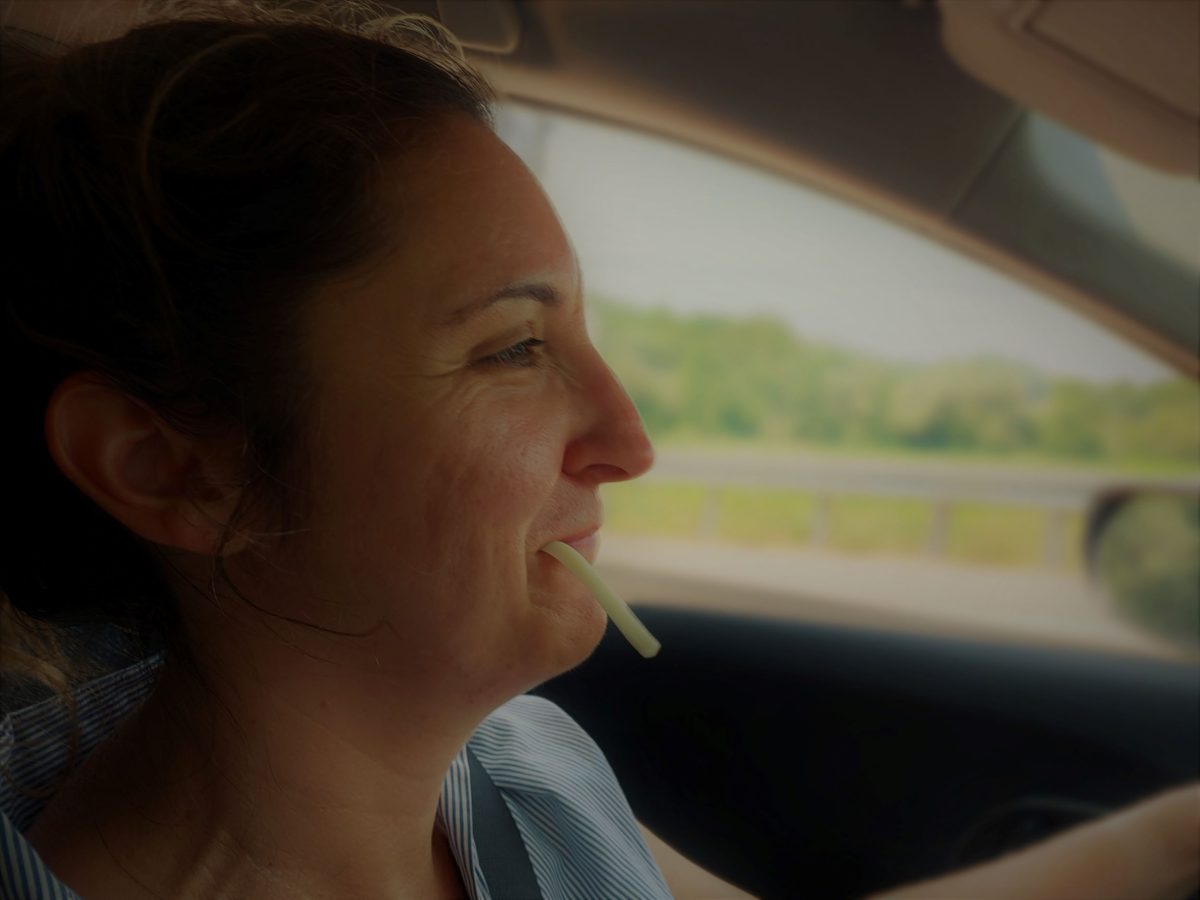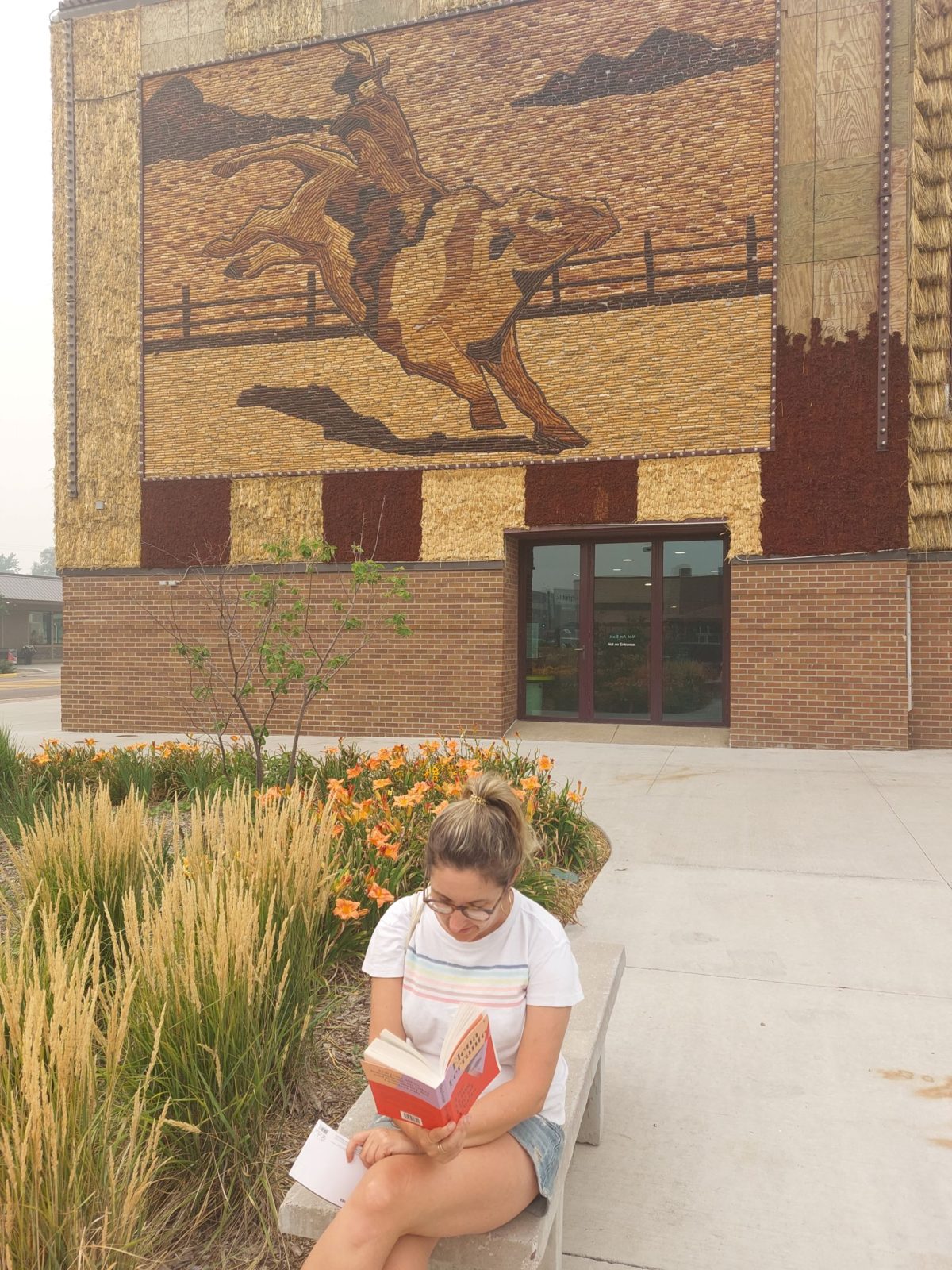Regular readers know I love Rooney’s CONVERSATIONS WITH FRIENDS, which is gnaw-you-own-arm-off wonderful. I didn’t love BEAUTIFUL WORLD as much, but then there is not much I do love as much.
BEAUTIFUL WORLD is a book about romantic relationships, and seems to have a lot of anxiety about the fact that it is about romantic relationships. It seems like there is a concern that this is a non-serious topic to write about. I mean I have that concern myself, but this is just because I am trapped in patriarchy like everyone else, and what women choose to write about has long been dismissed as unserious, unlike, for example, the rape-and-murder that men like to write about in airport thrillers.
The story focuses on a pair of female friends, who are living some distance apart. It chronicles each of their relationships with their boyfriends, as well as their own friendship, which is largely conducted by email. The emails are every alternate chapter, and are full of self-pity and trite criticism of ‘capitalism.’ For example, one character says she was in the local shop when suddenly she:
thought of all the rest of the human population – most of whom live in what you and I would consider abject poverty – . . . And this, this, is what all their work sustains!
Leaving aside the high drama, it’s just not true that most of humanity works to sustain the Western way of life. I can think of a good billion Chinese people who have a few other things going on. Or try this:
. . . we’re living in a time of historical crisis, and this idea seems to be generally accepted by most of the population.
Anytime someone tells me we are living in a particularly seminal moment of history I always mark them down on the moron list. This is the over-privileged view of someone who has not lived through a war/recession/genocide.
I won’t even get into how mystified I am why these thirty-somethings are writing emails to each other. Is this supposed to be historical fiction? Does anyone other than one’s parents write emails?
Actually I enjoyed this book more than this makes it sound. It still sharp and heartfelt, and powerfully reminded me of the power and importance of human connection. I am not sure why I have bashed on so much

